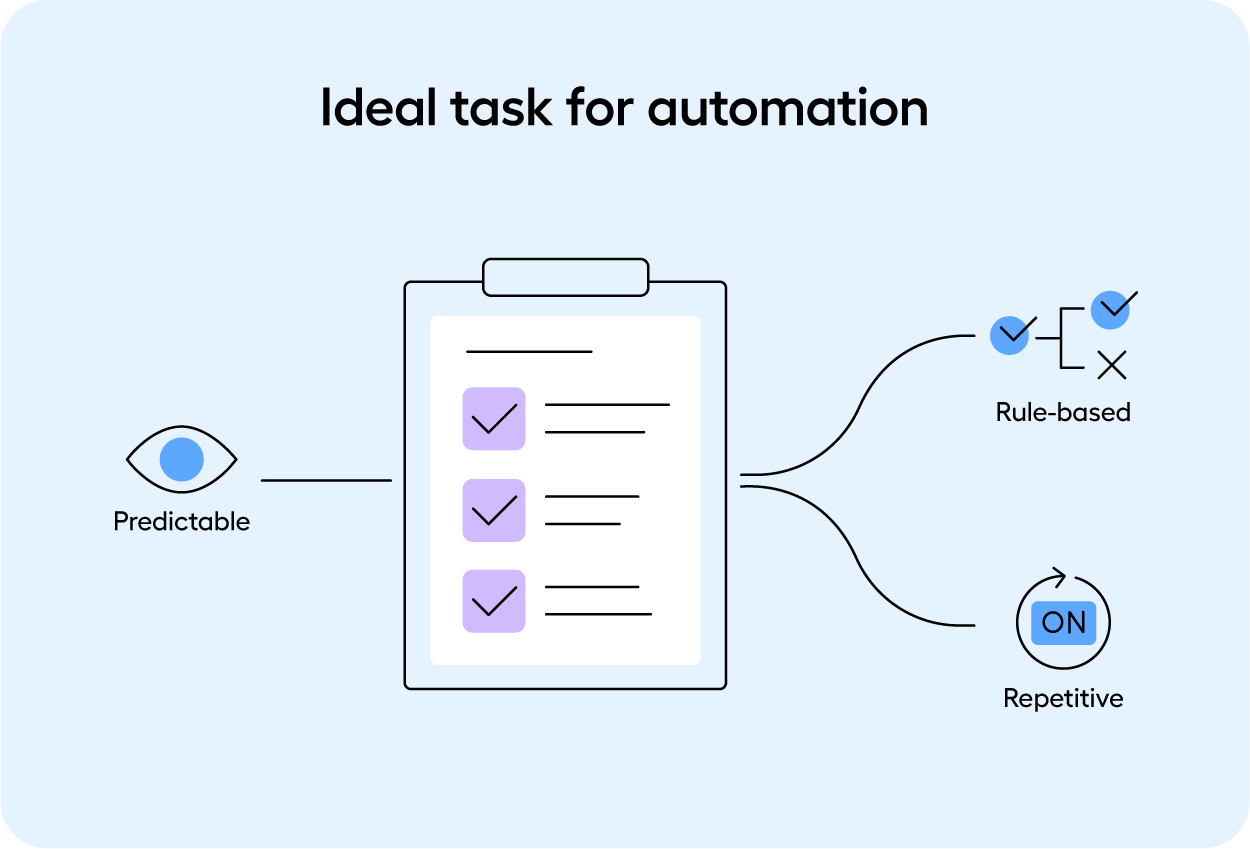
5 Reasons You Should Automate Regression Testing
Regression testing is a crucial part of software development. It helps to ensure that new changes or updates do not break existing functionality of the application. Traditionally, regression testing has been a time-consuming and manual process. It required testers to retest the entire software application each time a change is made. Thus, below we’ll go over five compelling reasons why regression testing automation should be adopted by businesses.
- Early Detection of Defects: Detecting defects early in the software development life cycle is crucial. It helps in preventing their propagation and reducing the costs spent on fixing them. Manual regression testing often delays defect identification. This is because the testers need to rerun a large number of test cases manually., automated regression testing allows for frequent and repeated test execution, ensuring that any regressions are promptly identified.
- Improved Test Accuracy and Consistency: Human error is an inherent risk in manual testing. Testers may inadvertently skip test cases, misinterpret requirements, or introduce inconsistencies during test execution. Automation eliminates these risks by executing tests exactly as they are defined, ensuring consistency and accuracy. Test scripts, once created, can be reused across different iterations, reducing the chances of errors caused by manual repetition.
- Scalability and Reusability: As software systems grow in complexity, so does the need for scalability in testing. Manual regression testing struggles to keep up with the demands of extensive test suites and frequent release cycles. Automation provides scalability by enabling the parallel execution of tests on multiple environments or configurations.
- Complex Test Scenarios and Data Sets: Manual regression testing can be time-consuming and error-prone. These problems occur when dealing with complex test scenarios or large data sets. Automation provides a significant advantage in handling such situations. Automated test scripts can be designed to handle complex workflows, simulate real user interactions, and manipulate data programmatically, all while maintaining precision and accuracy. This ability to automate complex scenarios allows for more thorough testing of intricate functionalities, ensuring that the software performs as intended even in challenging situations.
- Enhanced Test Reliability and Maintainability: Manual regression testing is susceptible to human error and can rely heavily on the skills and knowledge of individual testers. It is difficult to maintain consistency and reliability across multiple testing cycles because of this reliance on human intervention, which introduces variability into the testing procedure. Mechanization, then again, guarantees that tests are executed in a steady and repeatable way, diminishing the probability of human blunders and irregularities. Version control of automated test scripts enables teams to effectively collaborate, track changes, and keep up-to-date set of test cases. Additionally, automated tests are simple to update and rerun in the event of software modifications, ensuring the testing suite’s maintainability.
In conclusion,
Automating Regression tests with a reputable company provides software development teams with a powerful toolset to enhance efficiency, accuracy, and reliability. With the user-friendly interface, scalability, reusability, and integration capabilities, this enables organizations to achieve comprehensive test coverage, early defect detection, and substantial time and cost savings. By embracing this technology, you can take your regression testing to the next level and ensure the delivery of robust and high-quality software products.







